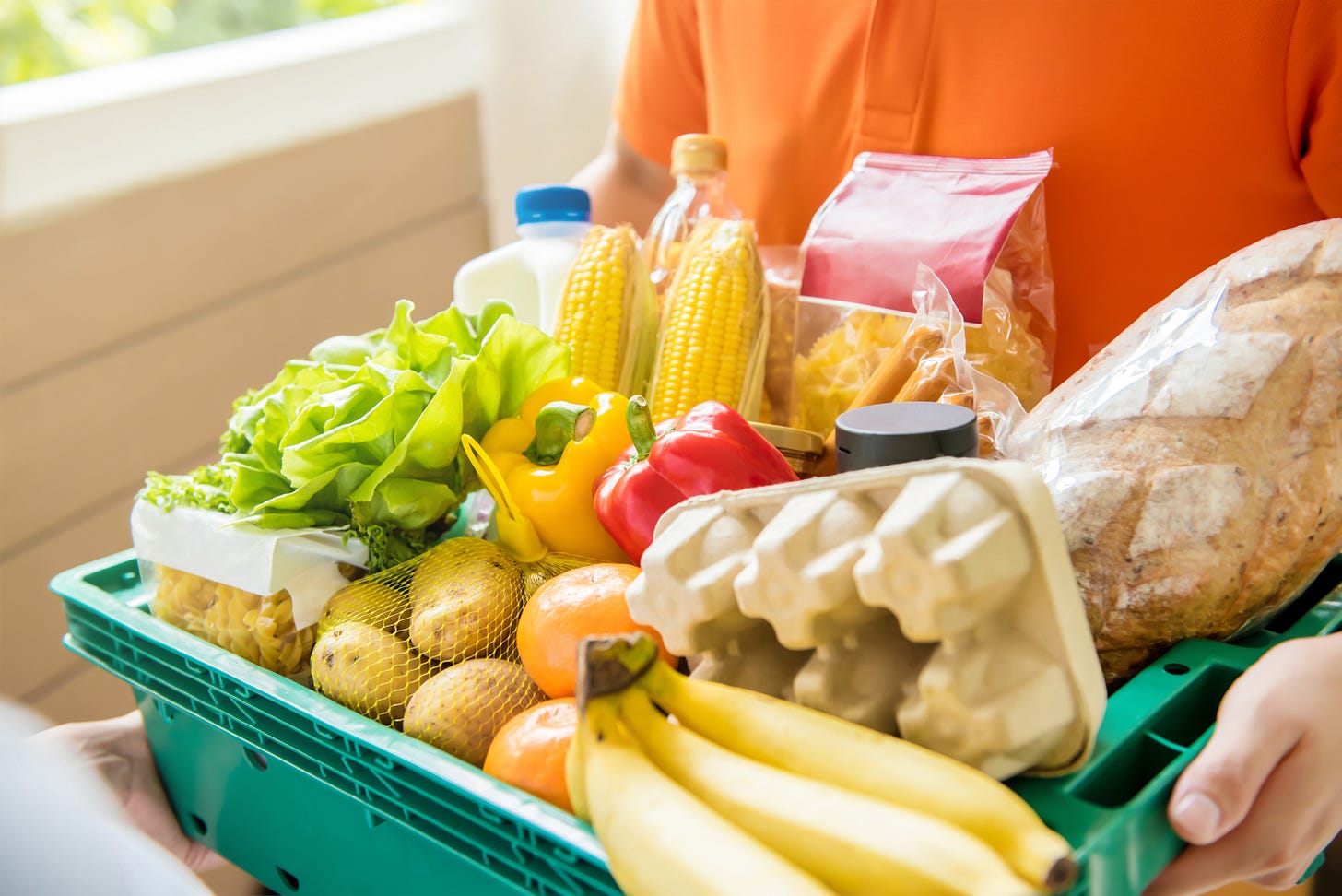Amazon is a grocer: why labels matter in the digital world
Connected Consumers #21. Your regular round up of digital consumer news.
The UK competition regulator this week designated Amazon as a grocer. In terms of a power blow to global giant with an estimated net worth of £1.7trillion this may not seem much, but it offers suppliers some much needed protection. In wider regulatory terms, definitions matter and this is another confident step from an authority getting to grips with platform behaviour.
The CMA’s designation effectively means that Amazon and its relevant UK subsidiaries must now comply with the Groceries Supply Code of Practice. The code is designed to make sure they treat their suppliers fairly in terms of prompt payment and notice of supply contract changes and cancellations etc.
They will also be required to provide the CMA with information to enable them to monitor and review the implementation of the order – a chance for some transparency on their supply chain data and pricing. Amazon will face fines of up to 1% of its UK revenue if it fails to meet the Code’s obligations. For suppliers and other retailers, this levels up the playing field somewhat during a very tricky time for the sector - and hopefully provides stability, fairness and competitive pricing for consumers.
For a long time, online platforms have told consumers and regulators what they are not. Social media sites were not editors - just platforms for sharing content. Online marketplaces were not stores - just a helpful facilitator of buyers and sellers. Ride-hailing services were not employers and so on. Playing with definitions like this helped develop fast and frictionless services, but at a price. The same obfuscation also created the right conditions for abusive or exploitative online posts, unsafe products and poor working conditions to flourish.
But (for tech companies at least) self-identifying is not working and authorities are defining the activities that platforms perform and the rules they are subject to. With more certainty building now on how to define the practices and the potential harms of shape-shifting global platform companies the challenge turns to enforcement – and I’ll be writing more on that in a later update.
Short takes:
Older daters charged up to 5x more on Tinder: Mystery shopping research from from Consumers International and Mozilla Foundation finds unfair personalised pricing on the TinderPlus app was rife in six of its largest markets - India, NZ, Brazil, Netherlands, Korea and the USA. Individualised prices were based on age, location and other mysterious 'characteristics'. Read the full report here.
AirTags challenges continue: A safety feature alerting users when their AirTag comes into contact with an unknown device was introduced in response to their misuse by stalkers and co-ercive partners. But fresh reports have found AirTags with disabled speakers on sale online (Gizmodo). The report concludes by saying: “the risks involved with a product like this being abused still seem like they far outweigh the convenience of finding a misplaced set of keys”. Just because you can create the tech, doesn’t mean you should.
Winter Olympics village locks athletes into its digital world: smart beds, automatic health status tracking and robot waiters, this article describes the closed digital loop that is the Chinese Olympic Village. You can check out but will your digital footprint ever leave? https://restofworld.org/2022/the-technology-fueling-beijing-olympic-games
Into the metaverse: minus the hype or despair, this post asks what, what if and why of Facebook’s new Metaverse plan. A major one being why Facebook (which prides itself on real names and real connections between real people) now want us to pretend to be someone and somewhere else? https://techonomy.com/is-the-metaverse-really-our-near-future




